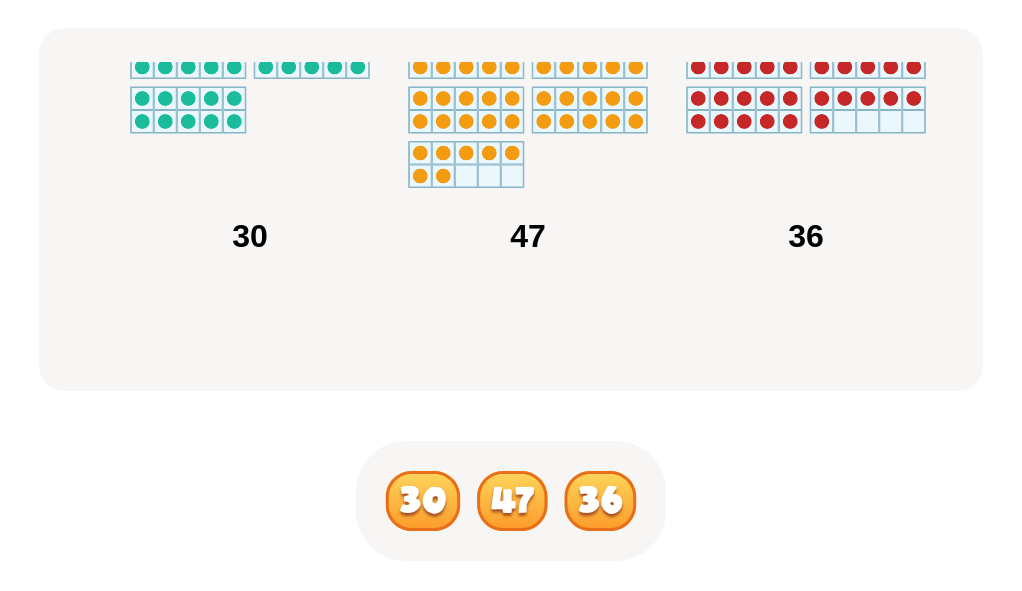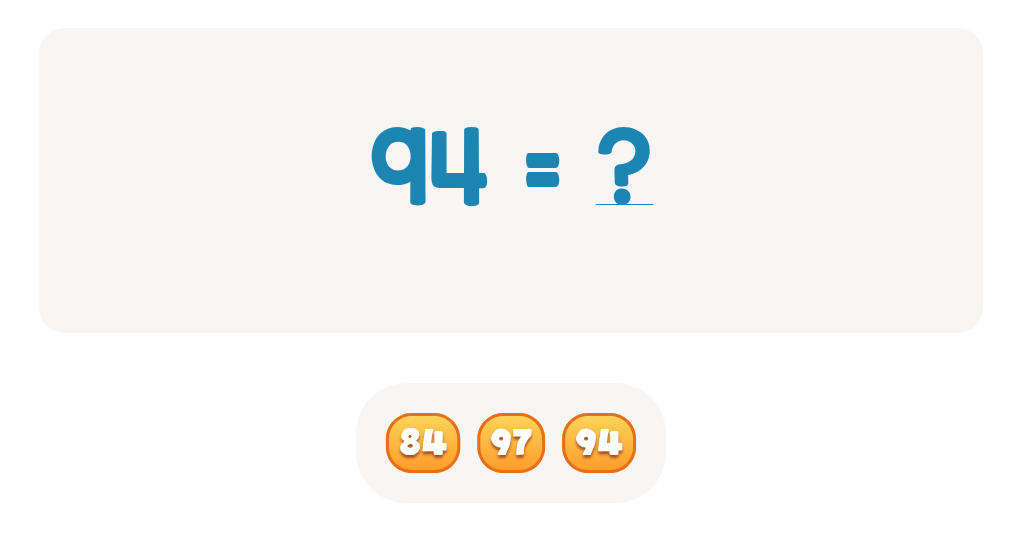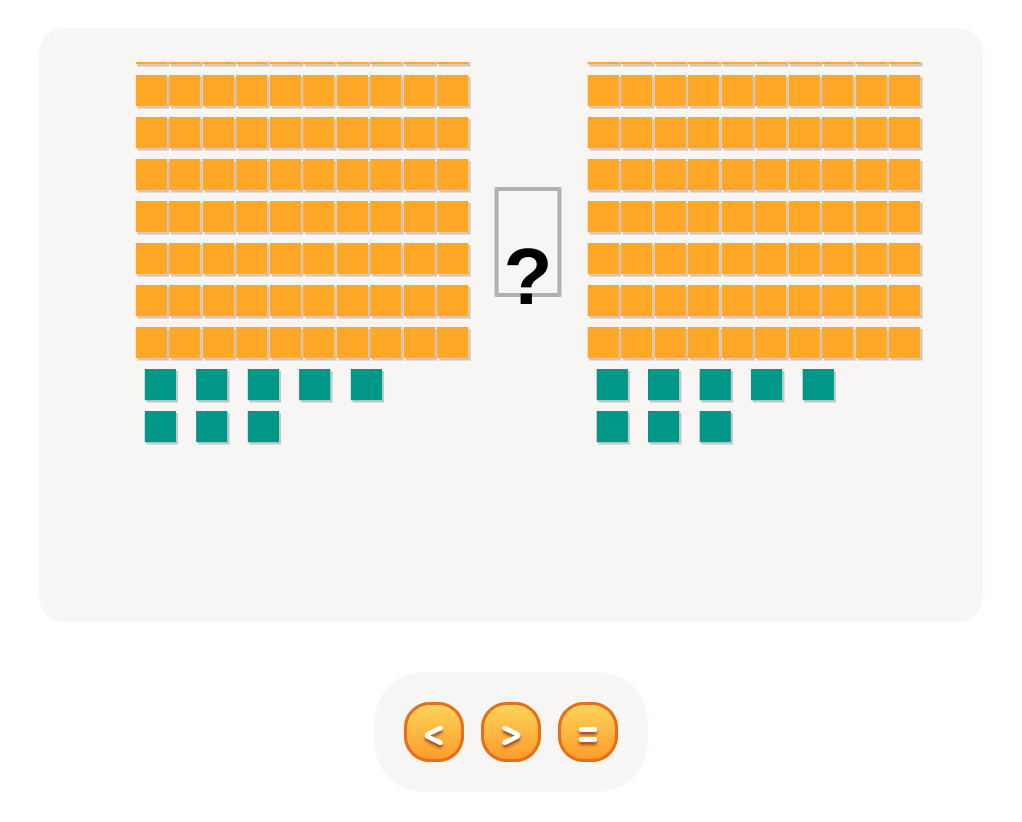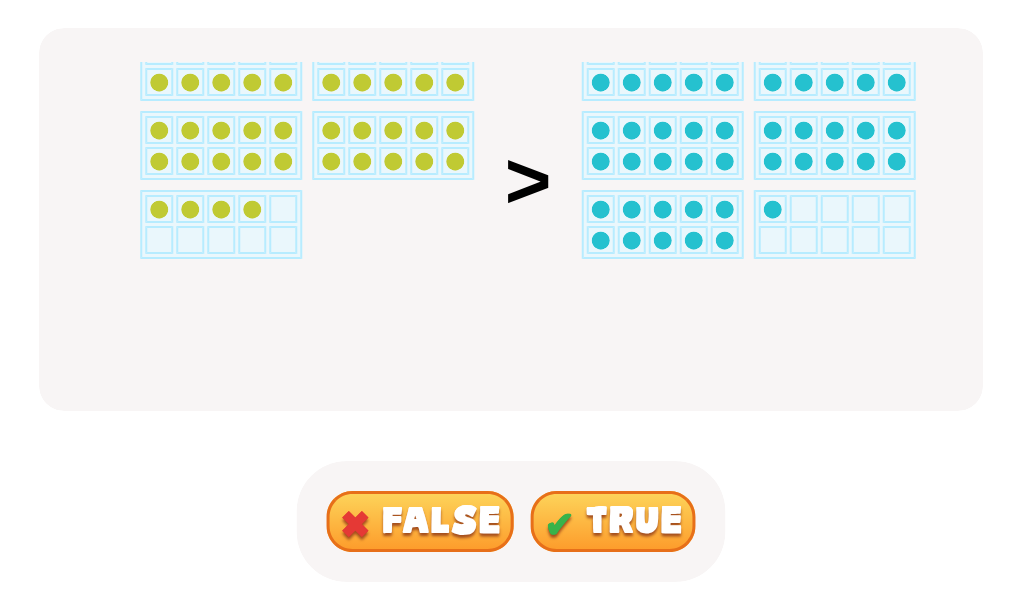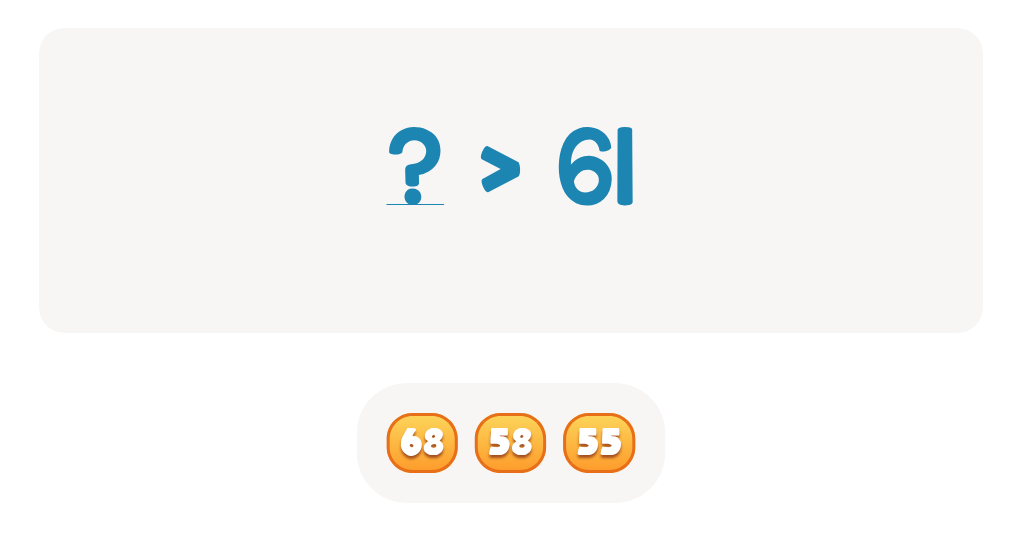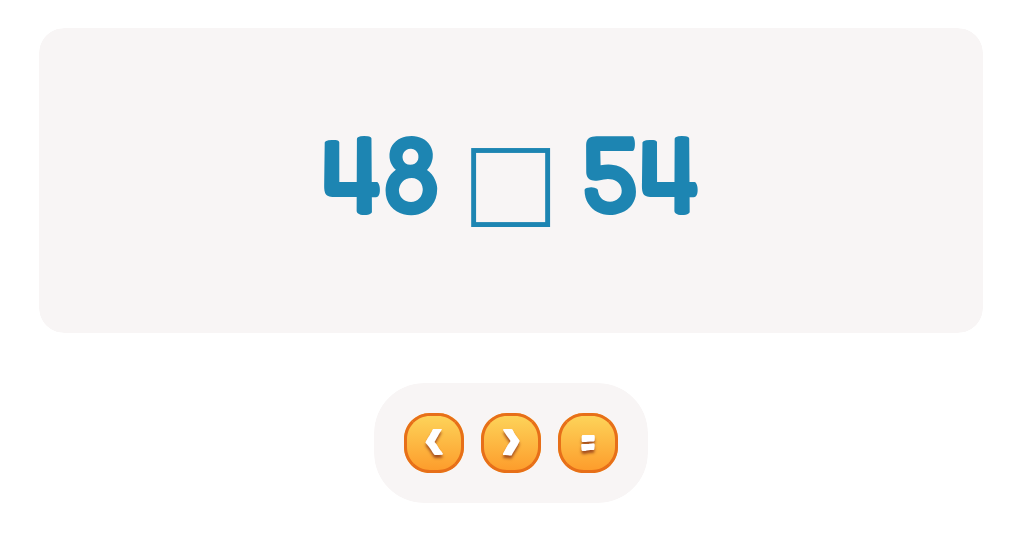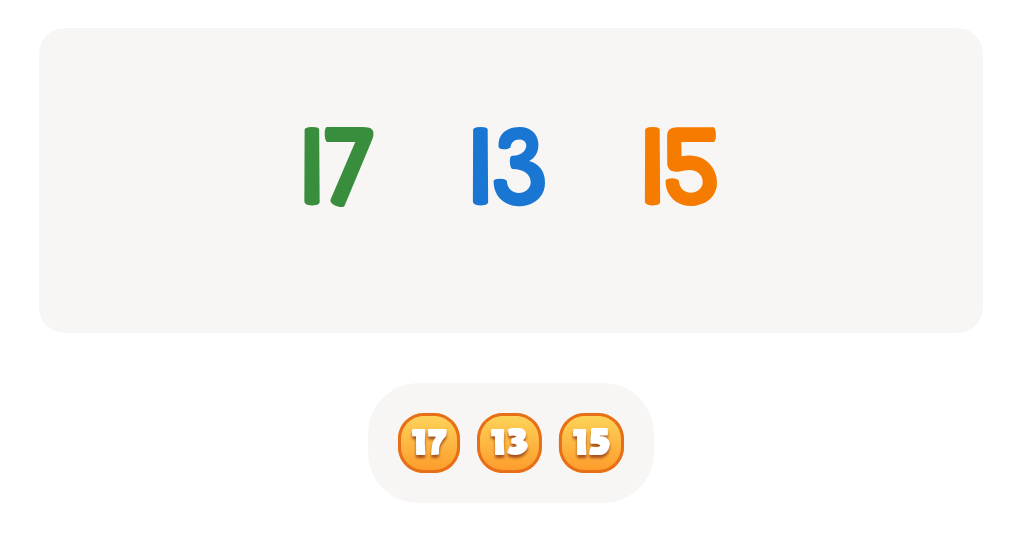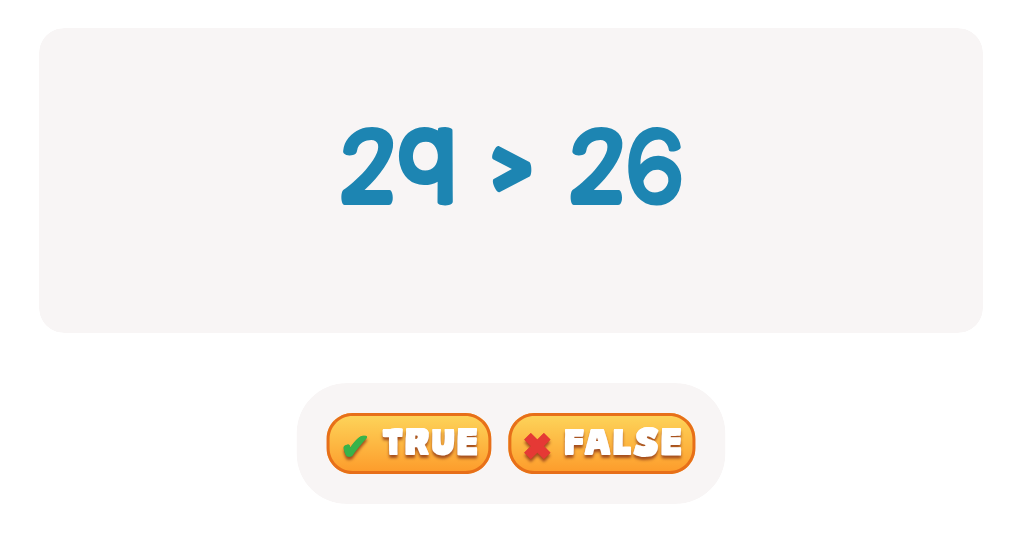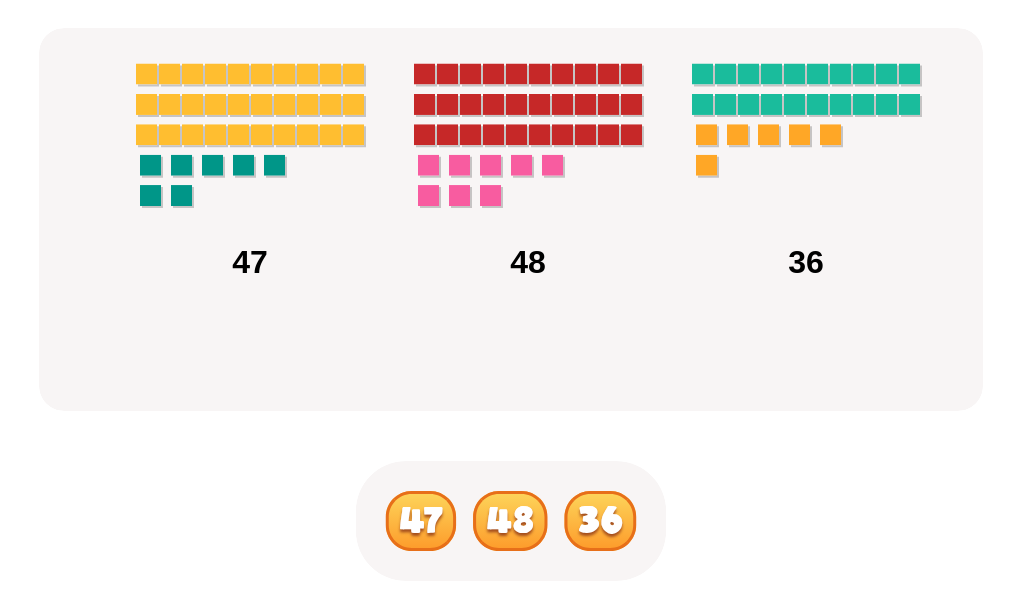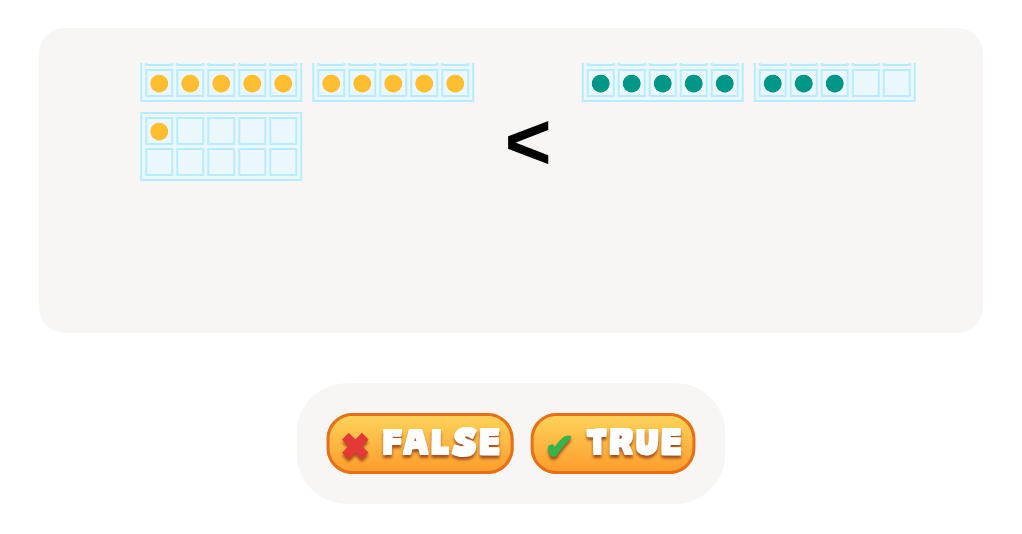Comparing quantities Comparing Numbers Worksheets for Ages 4-8
3 filtered results
-
From - To
Boost your child's mathematical foundation with our "Comparing Quantities, Comparing Numbers Worksheets" designed for ages 4-8! Our expertly crafted printables help young learners grasp fundamental concepts through engaging, age-appropriate activities. Kids will enhance their skills in examining larger and smaller values, counting objects, and understanding basic inequalities. These worksheets are perfect for both classroom use and at-home practice, promoting confidence and practical number sense in early learners. With vibrant illustrations and interactive tasks, math becomes a fun and easy-to-understand subject. Foster strong problem-solving abilities today with our versatile and educational worksheet collection!
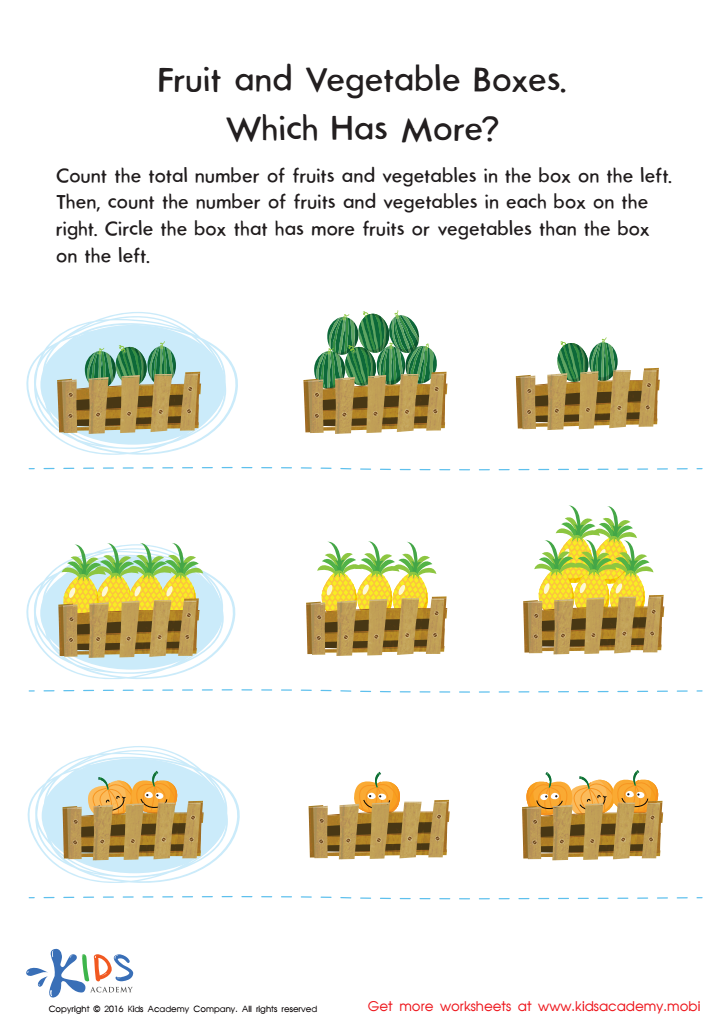

Which Has More? Size Worksheet
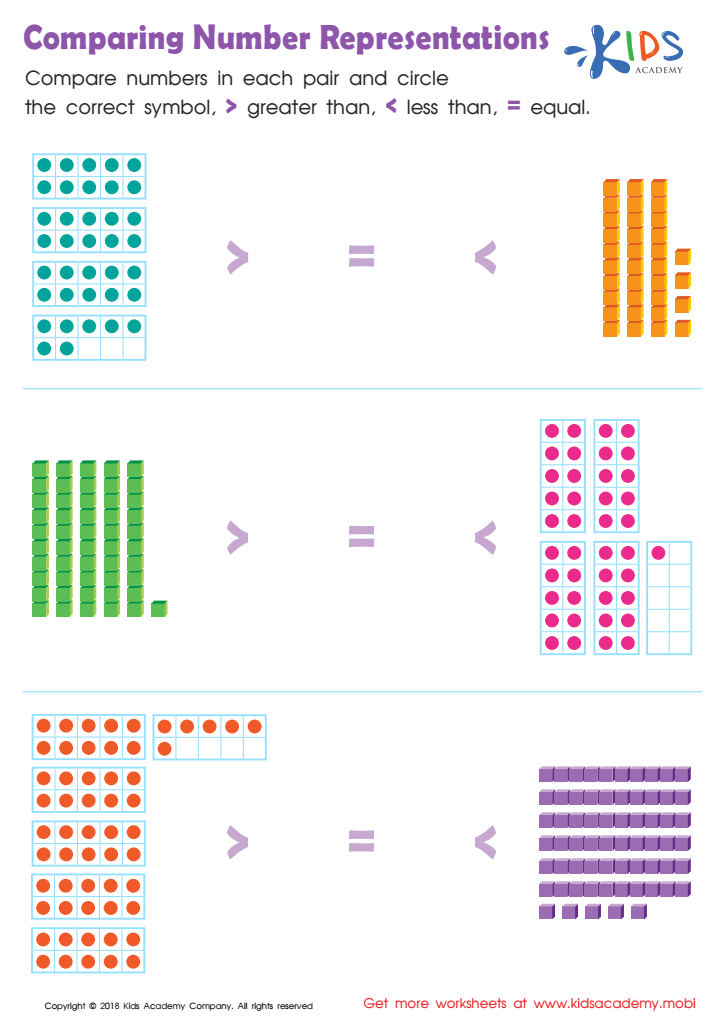

Comparing Number Representations Worksheet
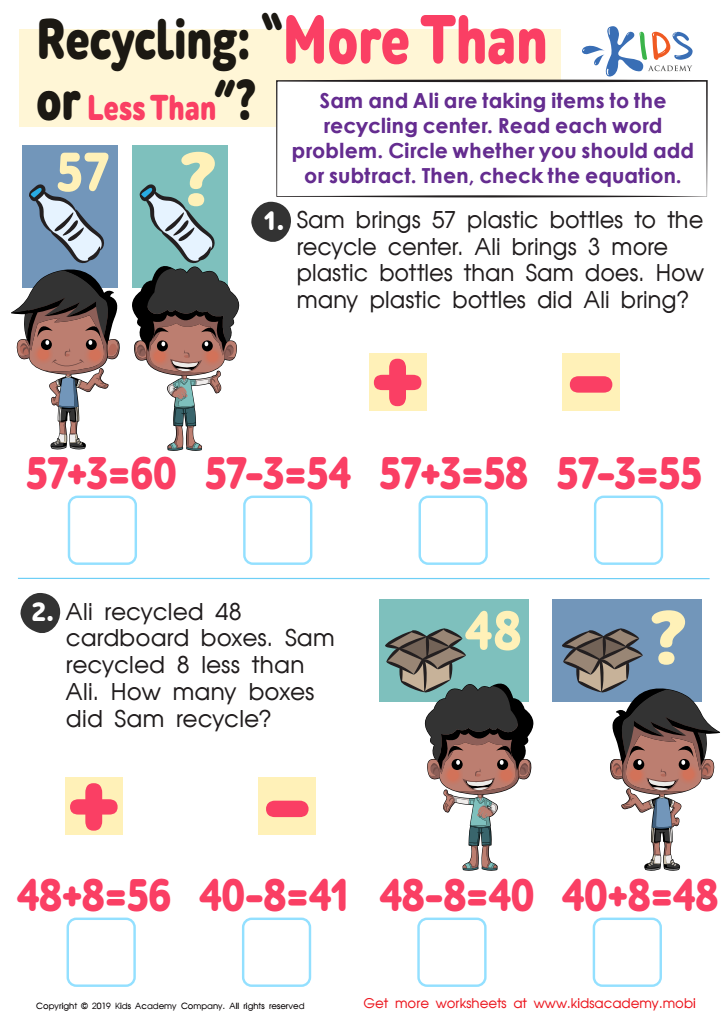

Recycling - More or Less Worksheet
Comparing quantities and numbers is foundational for children aged 4-8 as it lays the groundwork for essential mathematical skills. At this early stage, children are developing their cognitive abilities, and understanding these basic concepts enhances their ability to think logically and solve problems.
Firstly, comparing quantities helps children grasp the idea of more than, less than, or equal to, which are fundamental for everyday decision-making and critical thinking. This skill not only applies in math but also in practical situations such as sharing toys or dividing snacks evenly.
Secondly, comparing numbers cultivates number sense, an intuitive understanding of numbers and their relationships. It aids children in recognizing numerical patterns and sets the stage for more complex arithmetic operations like addition and subtraction. A strong number sense contributes to future success in subjects ranging from advanced math to sciences.
Additionally, these skills improve children's confidence in their mathematical abilities. When children feel competent at comparing quantities and numbers, they are more likely to approach math positively, engaging more fully in their educational experiences.
Incorporating fun and interactive activities to teach these skills, such as using blocks, counting games, or everyday objects, ensures that learning is enjoyable and effective. By prioritizing these basic mathematical concepts, parents and teachers encourage a lifelong foundation for learning and a positive attitude towards math.
 Assign to My Students
Assign to My Students
